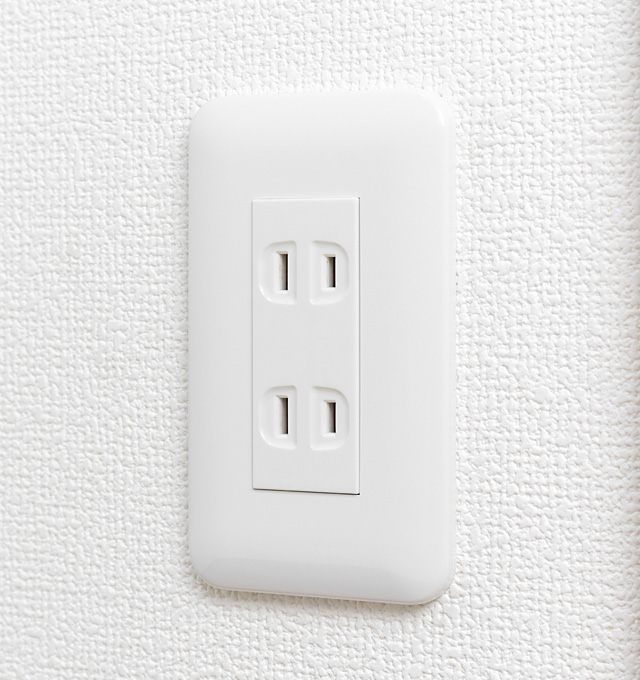About JAPAN & TOKYO
About JAPAN & TOKYO
INFO ABOUT JAPAN
Japan National Tourism Organization (JNTO)
This is the official tourism website for Japan, offering detailed travel information, tips on destinations, events, and itineraries.
Japan Guide
A comprehensive and user-friendly travel guide to Japan, including detailed information on cities, landmarks, transportation, and cultural tips.
Time Out Tokyo
The website is perfect for finding things to do in Tokyo, with event listings, restaurant recommendations, and neighborhood guides.
HyperDia
A train route search engine for Japan. It helps travelers plan train journeys, with information on routes, schedules, and fares.
INFO ABOUT TOKYO
CLIMATE
Japan has a diverse climate due to its geographical length from north to south.
The country experiences four distinct seasons: spring, summer, autumn, and winter.
Spring (March to May) and autumn (September to November) are the mildest seasons. Tokyo has relatively mild winters and hot, humid summers. Rain is more common in June and September than in other months.
In early October, the summer heat begins to subside (with average temperatures in Tokyo during this season ranging from 20-25℃), but the weather is still warm during the day. The humidity starts to decrease, and while the temperatures are more comfortable, it can still feel a bit warm in the afternoons. Nights are cooler, and a light breeze starts to bring a refreshing change.
The first signs of autumn are starting to appear, with trees in parks and forests gradually transitioning into their fall colors. The leaves are beginning to show hints of red, orange, and yellow, marking the early stages of the season's change.
Early October is a great time for outdoor activities in Tokyo. The weather is warm, but not as oppressive as in the summer months, and the city is less humid. It’s a pleasant time to explore, with plenty of sunshine and mild conditions.
When packing, it’s a good idea to bring a light jacket or sweater for the evenings and mornings, when temperatures can be cooler. During the day, you’ll still want lighter clothing, but layering is recommended to adapt to the changing temperatures.
CURRENCY EXCHANGE
Major international airports, like Narita (NRT) and Haneda(HND), have currency exchange counters offering both cash and traveler’s check exchange services.
US dollars, euros, and some other major currencies can also be exchanged at city banks and large post offices in Tokyo. Bank exchange services are typically available from 9:00 AM to 3:00 PM on weekdays. Post offices offer foreign exchange services from 9:00 AM to 4:00 PM. Additionally, currency exchange machines are available in various locations, including major train stations and some hotels, providing extended operating hours.
You can also withdraw cash in Japanese yen from your bank account using debit or credit cards issued in your home country. The ATMs at convenience stores (displaying the International ATM Service sign and logos of usable credit cards) allow you to withdraw cash 24 hours a day, making them extremely convenient.
While cash is still widely used in Japan, credit and debit cards (especially Visa, MasterCard, and JCB) are accepted in most hotels, large stores, and restaurants.
CONSUMPTION TAX
Consumption tax (VAT) in Japan is 10%, and it is usually added at the cash register.
Major department stores and electronics shops often offer their products duty-free to overseas travelers if they show their passports (copies are not accepted). To qualify for duty-free shopping, the total purchase amount must meet a minimum threshold, and the items must be taken out of the country within a specific period.
ELECTRICITY

The voltage used throughout Japan is uniformly 100 volts, AC.
There are two kinds of frequencies in use: 50 Hertz in eastern Japan (including Sapporo and Tokyo) and 60 Hertz in western Japan (including Nagoya, Kyoto, and Osaka).
A convertible type of electrical appliance, such as a hair dryer, travel iron, or shaver, will therefore be handy; otherwise, a transformer is required to convert the voltage.
There are no columnar-shaped plugs or 3-pin plugs used in Japan, but 2-flat-pin plugs are used instead. It is therefore advised to purchase a plug adapter beforehand if your devices use a different plug type.
HEALTHCARE & SAFETY
Drinking Water
Tap water is safe to drink anywhere in Japan. Mineral water, including major imported brands, can be easily obtained from supermarkets, convenience stores, vending machines, and other similar places.
Hospitals and medical services
Medical systems and facilities in Japan are well established, so you can expect to receive high-standard medical treatment should you have any problem with your health during your stay. Japan has a well-developed healthcare system with both public and private hospitals, and many medical professionals are fluent in English, particularly in major cities. Emergency medical services are also readily available, and pharmacies are well-stocked with over-the-counter medications.
Travel Insurance
Though Japan is ranked at the top of many general safety rankings in the world, travelers still need to be aware of potential dangers and situations that could lead to accidents or injury. The organizers do not assume any liability for such incidents. It is strongly advised that you purchase your own travel insurance to cover any unforeseen circumstances, including medical emergencies, trip cancellations, or lost luggage.
INTERNET ACCESS & SIM
Japan has a well-developed and fast internet infrastructure, with wide availability of Wi-Fi and mobile data coverage across the country. However, there are a few things to keep in mind when using the internet in Japan, especially for travelers.
Public Wi-Fi
Many public places, such as cafes, restaurants, airports, and shopping malls, offer free Wi-Fi. However, access is often password-protected for security reasons, and you may need to provide identification when registering for the Wi-Fi service. Some providers require long-term contracts, which typically limit the service to residents of Japan.
Accommodations
Most hotels and accommodations in Japan are equipped with internet access. While some places offer Wi-Fi, others may have a wired (LAN) internet connection in the room. If you're staying in a place with only a wired connection, you can bring your own wireless travel router to connect multiple devices.
Prepaid SIM Cards/ Mobile Hotspot Devices/eSIM
You can purchase a prepaid SIM card from major carriers or at kiosks in airports. These SIM cards are often available in various packages, including options for data-only or both calls and data. They are typically valid for a set period, such as 7, 14, or 30 days, making them ideal for tourists.
Renting a mobile hotspot device is another popular option for travelers. These portable Wi-Fi routers allow you to stay connected wherever you go within the coverage area. You can rent these devices at airports, and they can typically support multiple devices simultaneously, making them convenient for groups or families.
Alternatively, eSIM technology is becoming increasingly popular. With eSIM, you can activate a mobile plan without needing a physical SIM card. This option is especially useful for travelers who want to avoid swapping physical cards. Many major carriers now support eSIM, and it allows you to switch between different plans easily, often without the need to visit a store.
Coverage
Japan has excellent 4G and 5G coverage in urban areas, but in rural or mountainous regions, coverage may be more limited. It's a good idea to check the service area of any SIM card or mobile hotspot device you plan to use, especially if you are traveling outside major cities.
USEFUL TELEPHONE NUMBERS
Emergency Services
- Police: For emergencies requiring police intervention, dial 110
- Fire and Ambulance: For fire or medical emergencies, dial 119.
Airport Flight Information
- Narita Airport (NRT):For flight information, call +81-476-34-8000.
- Haneda Airport (HND):For flight information, call +81-3-5757-8111.


